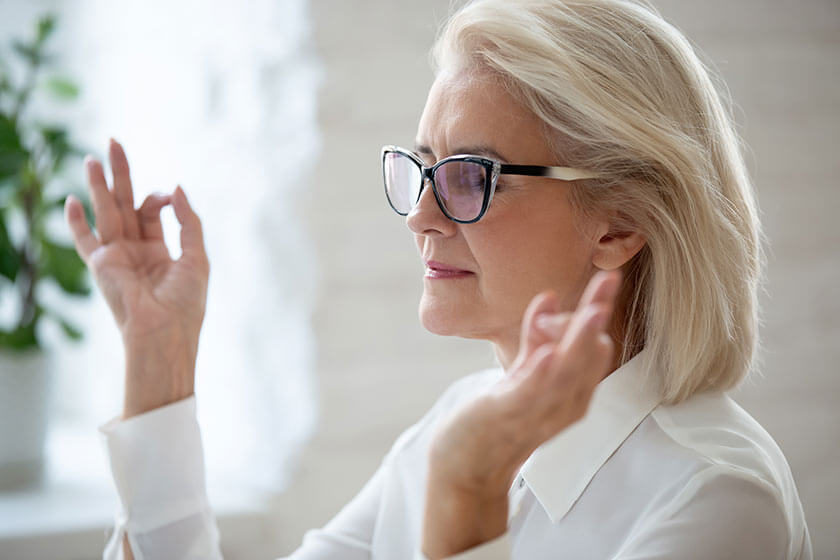Do you know that anxiety is one of the most common mental health disorders? It impacts not just older adults, but young adults and even children as well. In fact, around 10% to 20% of older adults suffer or have suffered from anxiety. Even though it’s normal for everyone to feel anxious in certain stressful situations, anxiety disorder is particularly serious as it hinders someone from having a good quality of life. If you find that your loved ones are constantly sweating or have a rapid heart rate when faced with uncertainty, then it becomes crucial for them to seek medical help as soon as possible. In this article, we look into several ways to help older adults overcome anxiety so that they can enjoy better mental health in the long run.
Practicing Mindfulness
There’s a reason many people practice mindfulness on a daily basis, especially when they’ve just woken up and are about to start their day. Mindfulness is all about being present in the moment. All this can be achieved by feeling and sensing what’s around you through breathing techniques, guided imagery, and even soothing music to help calm the mind. By encouraging your loved ones to practice mindfulness once a day, they can take a short period out of their day to observe their thoughts and feelings, and acknowledge and repel any negative judgments. If possible, they can also incorporate some yoga or tai chi into the practice as well, as a way to boost both physical and mental health.
Exercise
Leading an active lifestyle is not just about keeping our health in check, but it’s also about promoting good mental and psychological health. This can be attributed to a number of reasons, such as increasing the production of endorphins to make us feel happier and changing the chemistry in our brains to reduce stress and anxiety. Depending on your loved ones’ physical capability, there are many exercises and sports for them to do and try out. For some older adults, sports like tennis and golf provide an opportunity for them to increase their heart rate while making new connections at the same time. As for the elderly who aren’t as physically mobile, they can give chair yoga and water aerobics a try. Both these activities aren’t as strenuous and won’t put too much pressure on the body.
Encourage Social Interaction
As loved ones get older, they may find it increasingly challenging to make new friends and form meaningful connections with other people. What’s more, they’ll find that their social circle is decreasing, be it the loss of a spouse or loss of friends along the way. This ultimately results in them feeling more socially isolated and lonely, which can bring about many negative effects on their mental health. In fact, isolation can increase the likelihood of anxiety. As such, make an effort to encourage your loved ones to join social clubs and groups, as well as attend events as a way to mingle around. Hanging out with friends can help alleviate stress and improve overall mood as it distracts the participant from any negative thoughts.







